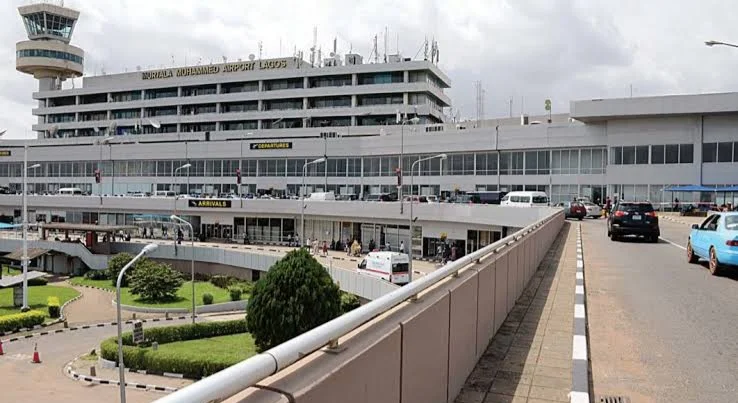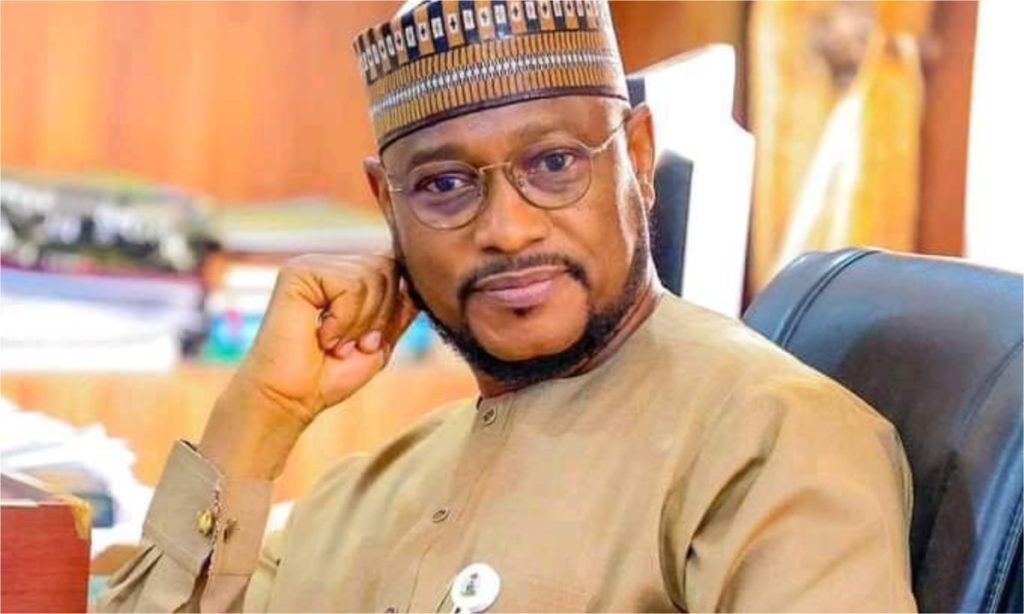The International Monetary Fund has hailed Olayemi Cardoso-led Central Bank of Nigeria’s monetary policy reforms.
The fund made this known in its latest Article IV Consultation.
The IMF commended Nigeria’s authorities for bold and politically difficult policies that have “improved macroeconomic stability and enhanced resilience.”
According to the IMF, a critical pillar of Nigeria’s economic reset has been the restoration of central bank independence.
The IMF noted that after years of excessive fiscal influence for deficit financing, the Central Bank of Nigeria, led by Olayemi Cardoso, has curtailed the use of the “Ways and Means” facility, an emergency funding channel that ballooned beyond statutory limits.
The Fund stated that as of April 2025, Ways and Means advances have been cut by nearly 90 percent, demonstrating what it described as the “discontinuation of deficit monetization” and a step to “strengthen central bank governance to set the institutional foundation for inflation targeting.”
It noted that Nigeria’s headline inflation, which peaked above 40 percent, dropped to 22.9 percent in May 2025″.
The IMF noted that the Central Bank is “appropriately maintaining a tight monetary policy stance, which should continue until disinflation becomes entrenched.”
In the IMF Executive Board Assessment, the Fund also “praised reforms to the foreign exchange market that supported price discovery and liquidity.” The CBN, under the leadership of Governor Olayemi Cardoso, dismantled the long-standing multiple exchange-rate regime, replacing it with a “willing-buyer, willing-seller” framework supported by a digital trading platform (B-Match).
The results have been transformative.
As the IMF noted, “Gross and net international reserves increased in 2024, with a strong current account surplus and improved portfolio inflows.” The FX premium, or gap between official and parallel markets, has fallen from over 60 percent to below 3 percent. FX inflows have surged to $6.9 billion in Q1 2025, and external reserves climbed to a peak of $40.9 billion at the end of 2024, providing over eight months of imports—well above benchmark thresholds. “Reforms to the FX market and foreign exchange interventions have brought stability to the naira,” the IMF noted.
The Fund “recognised actions to strengthen the banking system, including the ongoing process of increasing banks’ minimum capital,” as stated in the IMF Executive Board Assessment. It also “welcomed the authorities’ efforts to boost financial inclusion and promote capital market development.”
The IMF added that CBN’s recapitalization plan will see banks’ minimum capital raised significantly by March 2026, noting that the move is designed to ensure banks can absorb future shocks, deepen credit access, and support the planning for a $1 trillion Nigerian economy.
Reflecting on the IMF report, Governor Cardoso said, “At a time of global uncertainty, this assessment reaffirms that responsible, forward-looking policy choices matter. It affirms that Nigeria is regaining credibility, anchoring expectations, and laying the foundation for inclusive, long-term growth. It is both an encouragement to stay the course and a reminder that resilience and prosperity require continued discipline and vision.”



